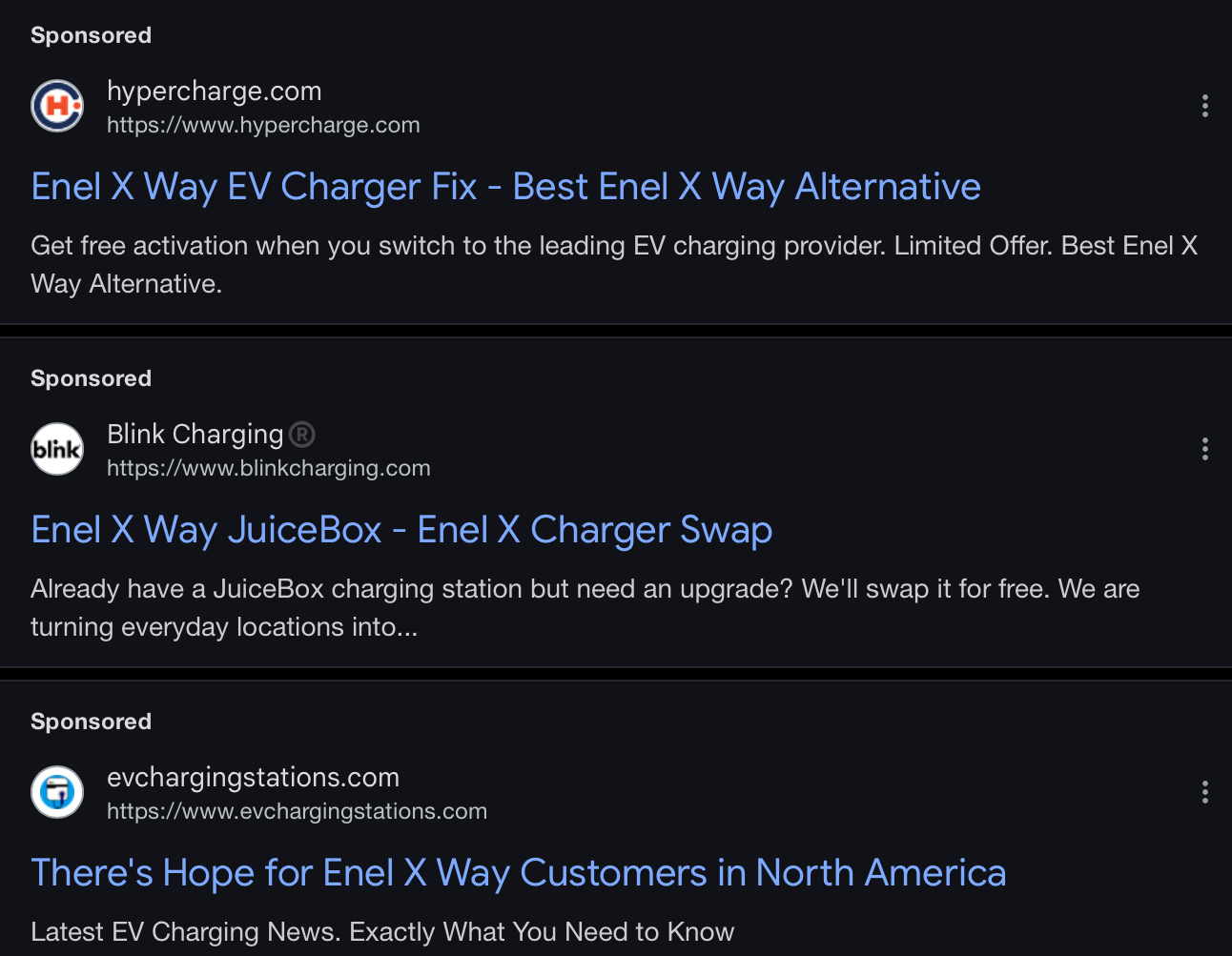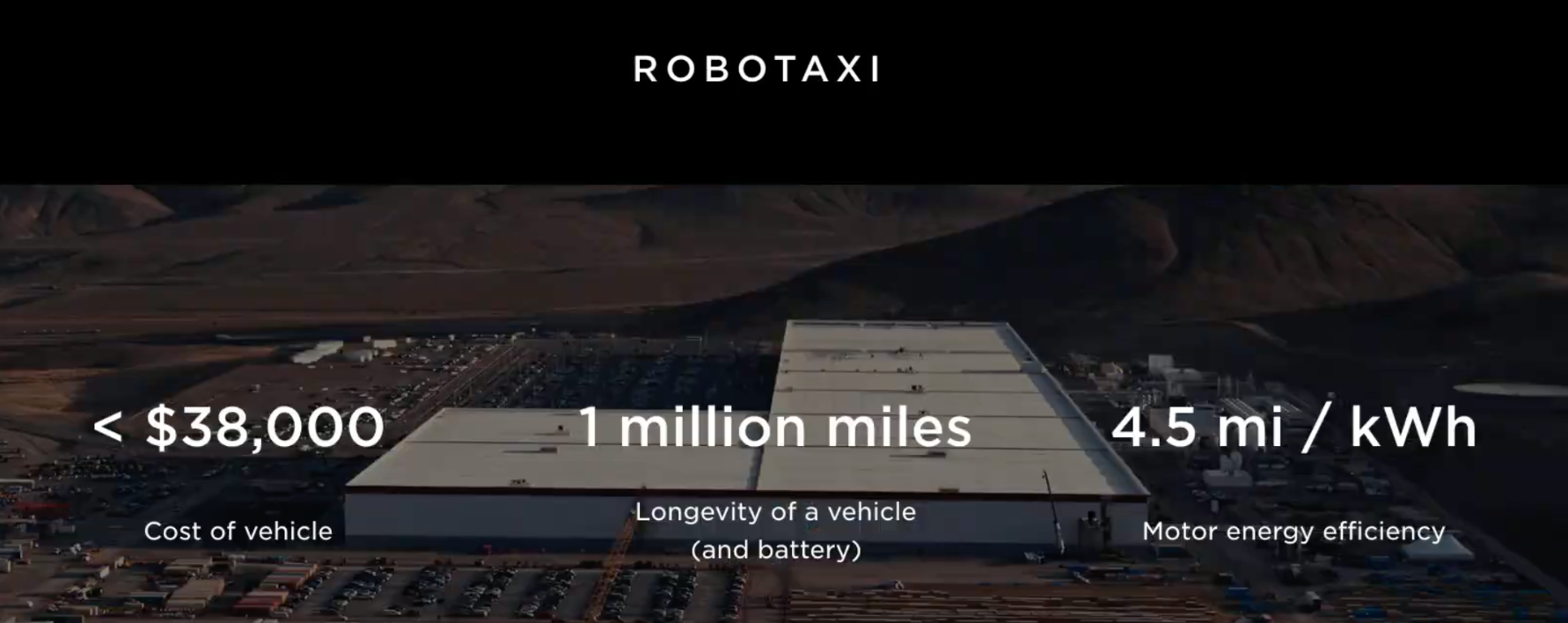Sign up for daily news updates from CleanTechnica on email. Or follow us on Google News!
Earlier this month, Enel X Way abruptly closed its doors. Unlike, say, an automotive manufacturer, providers of EV charging don’t really have an obligation to continue customer support as part of any bankruptcy, but many non-manufacturers do at least arrange something basic when they go out of business. Enel X, sadly, ended up having to just dump its customers. As of October 11th, all of them lost access to the software to manage chargers.
The company says that the goal is to sell remaining assets and arrange for the buyer to keep supporting customers, but that hasn’t materialized and may not.
For home customers running a simpler JuiceBox charger, this isn’t an immediate problem. Software updates will cease, so new bug fixes and improvements will cease. But, home stations will at least continue to work going forward until a customer needs support. Smart charger functions would cease to work, but they’d continue to charge cars as “dumb” chargers that simply charge when plugged in.
Business customers, on the other hand, aren’t as lucky. Around 25,000 commercial charging stalls at parking garages, malls, store lots, and apartments are eventually going to end up “bricked,” as they depend on the software for payments and to start charging sessions. Without that backend support, these stations will shut down completely, cutting EV drivers off and preventing station owners from serving customers or making money.
An article at Canary Media goes into greater detail about angry customers, including some utilities and large entities. EV advocates and media/social personalities have also been right to say that this is generally bad publicity for the industry at large.
Northern New Mexico had some particularly bad problems. Chargers put in by Kit Carson Electric Coop ran on Enel X Way software, and they weren’t Level 2 charging stations that drivers could find a way to do without. In some parts of the state, they were the only DC fast chargers, leaving drivers wondering whether they were going to be stranded again in the near future. Per a PlugShare user who appears to be affiliated with the Coop, the plan is to migrate the hardware to software from a different vendor to keep the chargers running, and drivers reported successful charging sessions since then.
Interestingly enough, a number of other charging companies, installers, and others are rushing in to see if they can get customers that were dropped by Enel X. As of this writing, any Google search will bring up sponsored results from companies trying to catch people who are looking for help.
On top of the typical online search engine opportunism, Qmerit is looking to take good care of customers the company helped set up JuiceBox and Enel X installs for. Qmerit can’t make up completely for what happened, but the plan is to provide a $100 credit for home customers and a $250 credit for commercial customers. But, before they replace the equipment, an effort will be made to see if it’s possible to keep the charger in service. If a new SIM card can be put in to keep the machine running, that will be the solution.
Featured image by Enel X Way (Fair Use).

Chip in a few dollars a month to help support independent cleantech coverage that helps to accelerate the cleantech revolution!
Have a tip for CleanTechnica? Want to advertise? Want to suggest a guest for our CleanTech Talk podcast? Contact us here.
Sign up for our daily newsletter for 15 new cleantech stories a day. Or sign up for our weekly one if daily is too frequent.
CleanTechnica uses affiliate links. See our policy here.
CleanTechnica’s Comment Policy




